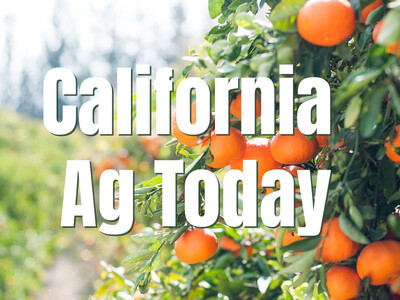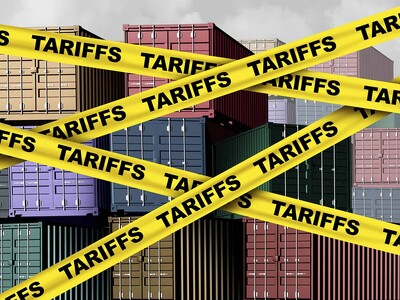Spuds and Japan
Idaho and U.S. potato farmers had hopes that the recent trade agreement with Japan would include market access for fresh U.S. potatoes.It did not.
This quashes hopes, at least for now, that Japan will finally allow the import of fresh U.S. potatoes.
Japan is a major destination for processed potatoes from the United States, but it does not allow fresh U.S potato imports.
The National Potato Council estimates that if full market access for fresh U.S. potatoes to Japan is realized, it would result in an additional $150 million per year in exports.
“It is very disappointing that the U.S. was unable to use President Trump’s tariff leverage to push past Japan’s protectionism and finally open this valuable market,” National Potato Council CEO Kam Quarles said in an Oct. 31 news release.
Japan has delayed this market access request from the U.S. for 30 years, he said.
According to the NPC news release, the meeting this week between President Trump and Prime Minister Takaichi did not include any mention of U.S. fresh potato access, nor was any reference made to it in follow-up statements.
Idaho leads the nation in total potato production and the state’s farmers produce about 14 billion pounds of potatoes every year, which is about a third of the nation’s total spud supply.
With current farm-level potato prices well below the cost of production, achieving the goal of exporting fresh U.S. potatoes to Japan would have been a major win for Idaho and the rest of the domestic spud industry.
In April 2024, a bipartisan group of 10 U.S. senators, including both of Idaho’s senators, sent a letter to then-president Biden urging him to continue to push Japan to allow access to fresh U.S. potatoes.
According to the letter, fresh potato access to Japan was first requested almost three decades ago.
Despite the efforts of USDA’s Animal and Plant Health Inspection Service, Japan’s Ministry of Agriculture, Farming and Fisheries (MAFF) “continues to delay substantive technical discussions on (fresh potato) access,” the letter states.
“This marks the fifth year of discussions without any forward progress by MAFF to resolve this decades-long issue,” it adds.
The bipartisan letter states that there is “no valid phytosanitary justification for these delays, as the U.S. potato industry has a strong history of exporting fresh potatoes to many markets, including South Korea, Taiwan, Hong Kong, Singapore, Indonesia, the Philippines, Malaysia, and Thailand. These exports occur safely and routinely throughout the year, providing benefits both for consumers in the Indo-Pacific and our growers here in the United States.”
According to the NPC news release, USDA and MAFF officials held talks earlier in October where Japan again provided no timeline for concluding the three-decade request.
“Earlier this year, President Trump’s announcement of tariffs upon Japan provided significant leverage to finally end the Japanese strategy of negotiation-without-conclusion,” the NPC news release states.
Quarles said that despite the disappointment, NPC was pleased by U.S. Chief Agriculture Negotiator-nominee Julie Callahan’s comments Oct. 29 before the Senate Finance Committee, “where she acknowledged Japan’s delaying strategy is a non-tariff trade barrier. This has been stated by our industry for years, and we very much appreciate (her) clear assessment and focused intent to open this market to benefit family farms across the U.S.”
Quarles told Idaho Farm Bureau Federation that President Trump has generated a lot of leverage with U.S. tariffs and NPC did not want that leverage to go unused on this issue.
“It was disappointing for it not to be in the agreement,” he said.
But, he added, Callahan’s recent comments are “a very clear signal to us that (the administration is) going to dig in on this. At least they recognize, finally, what Japan is up to on this issue.”
“It’s a valuable market … so we’re going to keep at it,” he added.
Gaining access for fresh U.S. potatoes to Japan would not only be a win for the domestic spud industry, it would also be a win for the nation.
According to a first-of-its-kind NPC report, the U.S. potato sector had an estimated $101 billion impact on the nation’s economy in 2021.
According to that “Spud Nation” report, about 20% of American potatoes are exported, which results in an almost $4.8 billion economic impact on the nation’s economy and supports almost 34,000 jobs.
The report also found that export markets are an important avenue for the U.S. potato sector. About 20 percent of the spuds grown in the United States are exported, either as fresh or processed potatoes.













